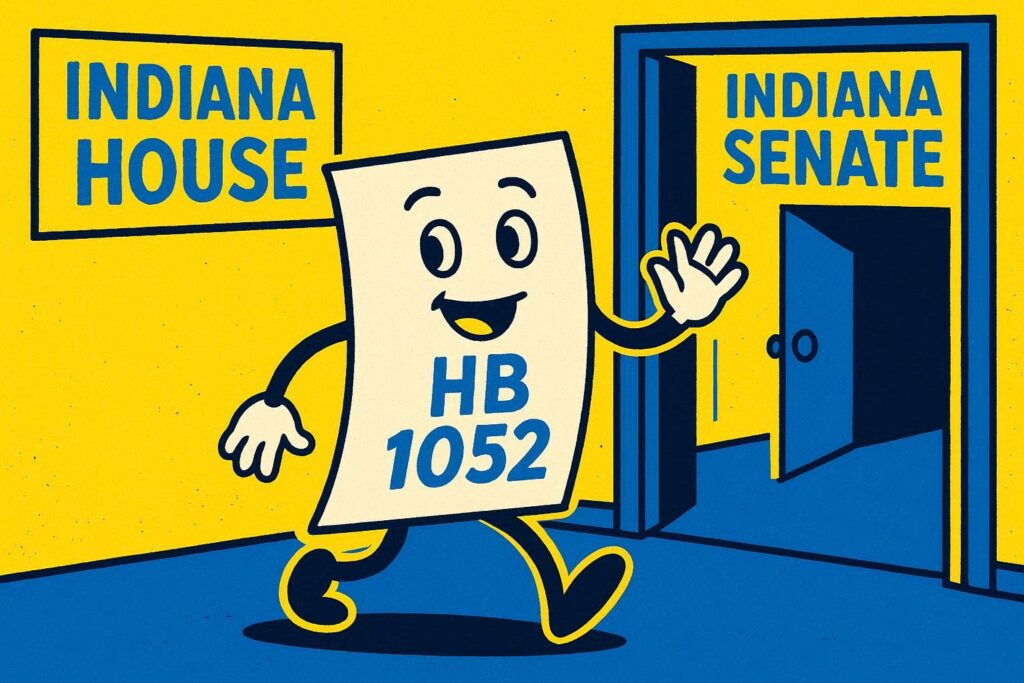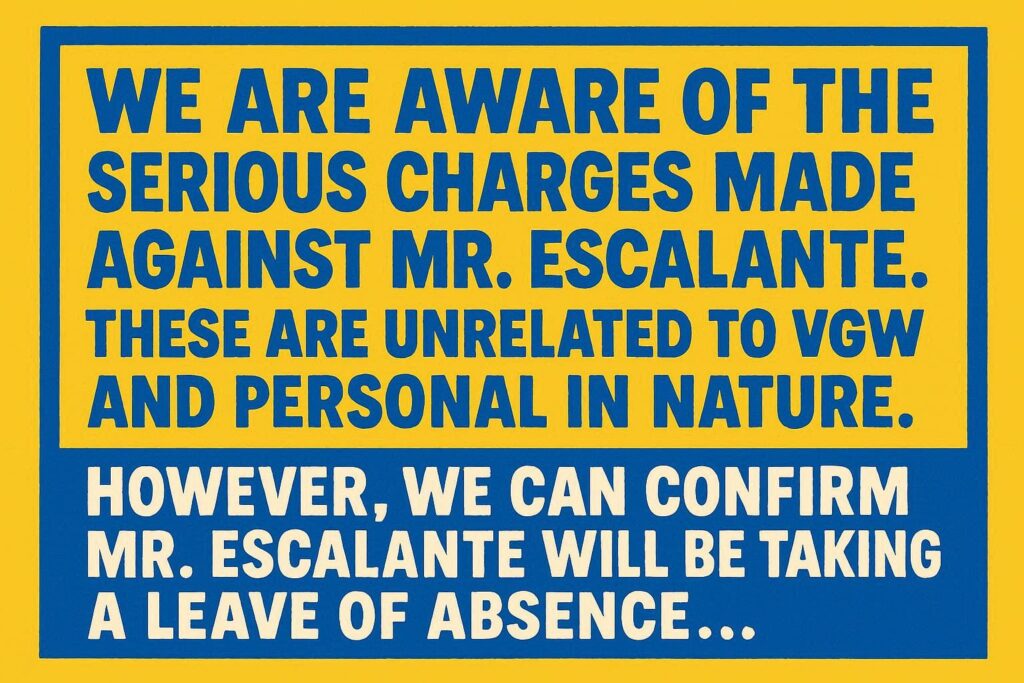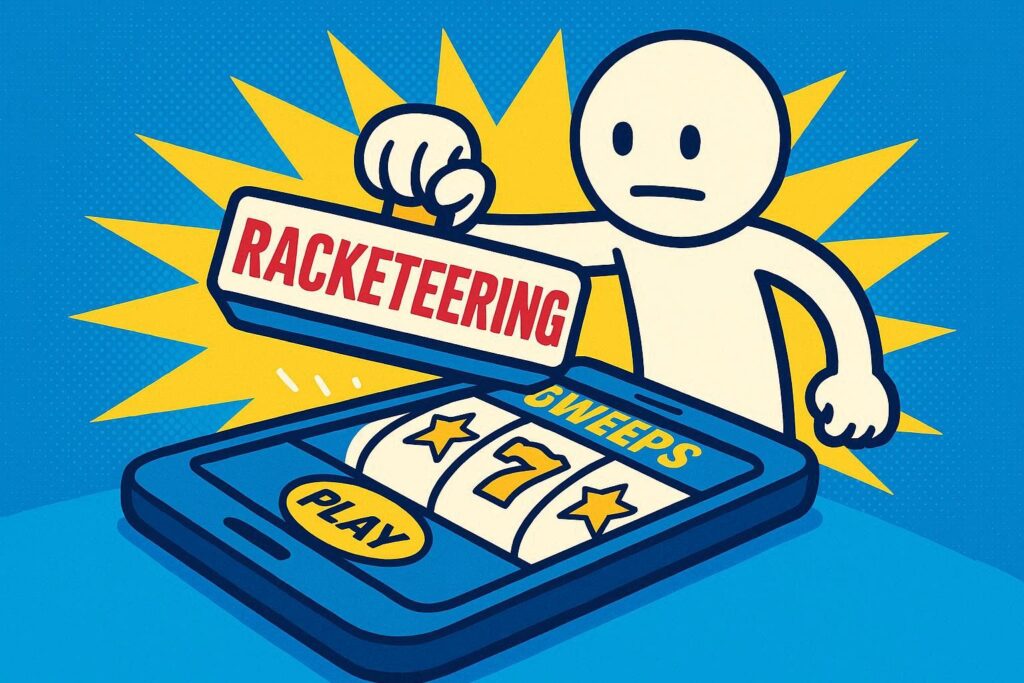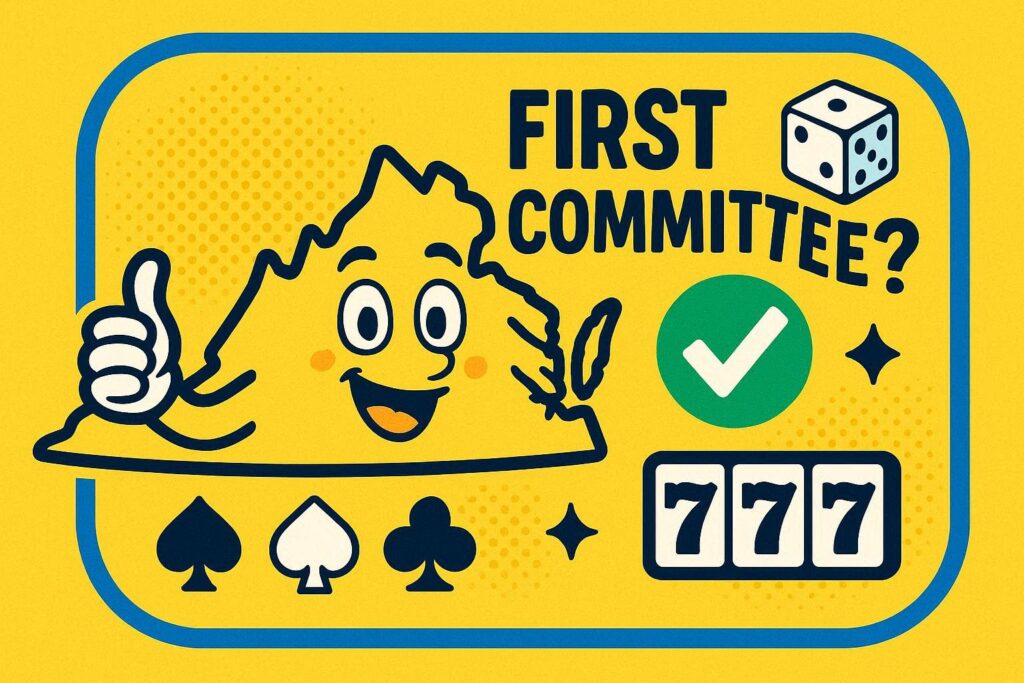The leader of one of the world’s most prominent online gambling game vendors recently compared the United States sweepstakes casino market to the country’s riverboat casino industry — where, especially several decades ago, it existed it exists in a gray area where a certain set of conditions needed to be present but, in the end, it was permitted as long as someone hadn’t forbidden it.
Martin Carlesund, CEO of Evolution, made the comparison during his company’s third quarter earnings call last week.
“[The] U.S. had the history of riverboats that, from the beginning, travel on the river, down to only shore, and they have to have the engine running and then they didn’t have them, and then it was [permitted],” Carlesund said. “These types of movements have been — prediction gaming could be one of these — but these types of movements have been there. And we want to supply to them as long as there is no regulatory or authorities saying no.”
Carlesund made those comments as part of a larger discussion surrounding sweepstakes gaming in the U.S. and his company’s role in the controversial sector.
Evolution on sweeps: ‘We believe it has some potential’
Evolution has so far played in the middle ground when it comes to sweepstakes casinos.
Some of its peers in the games vendor space, such as Pragmatic Play, have universally pulled its games from all sweepstakes casinos across the U.S. Other vendors, like Booming Games, still have their games available in states like California.
Meanwhile, Evolution is taking a state-by-state approach with its sweeps partnerships.
You will find no Evolution games in states like New York, New Jersey, and California, where sweeps ban bills have passed (and cease-and-desists have been issued in New York, as well). But you will find Evolution games in states like Iowa and Ohio, where no such actions have been taken as of yet.
“Sweepstakes is a popular product in the U.S., and we offer it in states where it’s not prohibited or in any way under regulatory scrutiny,” Carlesund said. “Sweepstakes is a very small part of our total revenue, but we believe it has some potential. And as you know, as the market leader, we’ll want to offer a great variety of content.
“In the quarter, a city attorney in Los Angeles made a personal interpretation of the California law, and as our strategy is that we don’t offer sweepstakes where there are regulatory uncertainties. We pulled it from the market. Simple as that.”
Using California as an example
Carlesund is alluding to the lawsuit facing Stake.us, streaming provider Kick, and several games vendors (Big Time Gaming, Evolution, Hacksaw Gaming, NetEnt, No Limit City, Pragmatic Play, and Red Tiger Gaming) in California, where the state of California itself — not a class action coalition — is suing the defendants for offering what it deems illegal online gambling.
Pragmatic Play responded to this lawsuit by pulling out of sweeps gaming everywhere.
But, again, Evolution has decided to take a market-by-market approach, signalling their belief in the returns sweeps gaming can provide as long as the state governments and/or state gaming regulators permit sweeps casinos to continue operating.
“We provide to the sweepstakes market where there are no regulatory problems or any legal problems,” Carlesund continued. “And we are very lean. We talked to regulators. And if there would be a letter or someone, a regulator or an authority stating, ‘Don’t do it here,’ we would immediately go away.”
Similarities between riverboats and sweeps?
A handful of states have what can be broadly described as riverboat gambling laws, where each jurisdiction has its own series of conditions that must be met in order for the casino to permitted. These conditions were much more stringent when land-based casinos were more rare, back several decades ago. Today, these laws are quite relaxed.
Illinois has 10 casinos branded as riverboat casinos, for instance, and more than 10 in Louisiana. Missouri, Iowa, and Mississippi have them, too.
These types of casinos began gaining popularity in the 1980s and 1990s, where riverboats could technically offer “offshore” gambling where the idea was that if the casino was on a boat — technically “on water” — it wasn’t on state land, and therefore not covered by that state’s anti-casino laws.
At first, there were specific stipulations these riverboat casinos had to abide by. Some had to sail or cruise for a few hours during each gambling session, for example, or operate only while docked along navigable waterways, and adhere to strict caps on betting or operating hours.
Over time, these rules were relaxed. Today, most riverboat casinos are permanently docked or even built on floating barges that never move, though they still keep the “riverboat” label for legal or branding reasons.
Carlesund likely compared sweepstakes casinos to these riverboat casinos because they, too, have unique characteristics that allow them to abide by laws in states where they are permitted. They do this by branding themselves as social casinos with sweepstakes — where the free-to-play social casino games are the main draw, and the sweepstakes promotions are sprinkled in on top of that.
In plain speak, these sweeps casinos are able to get around anti-gambling laws in the states where they’re allowed because they operate using a dual-currency system.
The first currency, Gold Coins, is purely for in-game, digital usage and have no real-world value. The second currency, Sweeps Coins, can be redeemed for real money. Sweeps opponents argue playing the online casino-style games with Sweeps Coins mirrors real-money gambling, as players can redeem Sweeps Coins for real money. However, players on these sites can acquire Sweeps Coins for free and are not in any way obligated required to spend money, which allows sweeps casinos to operate within states’ sweepstakes laws and outside their gambling laws.









